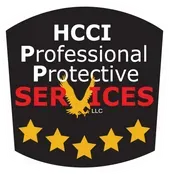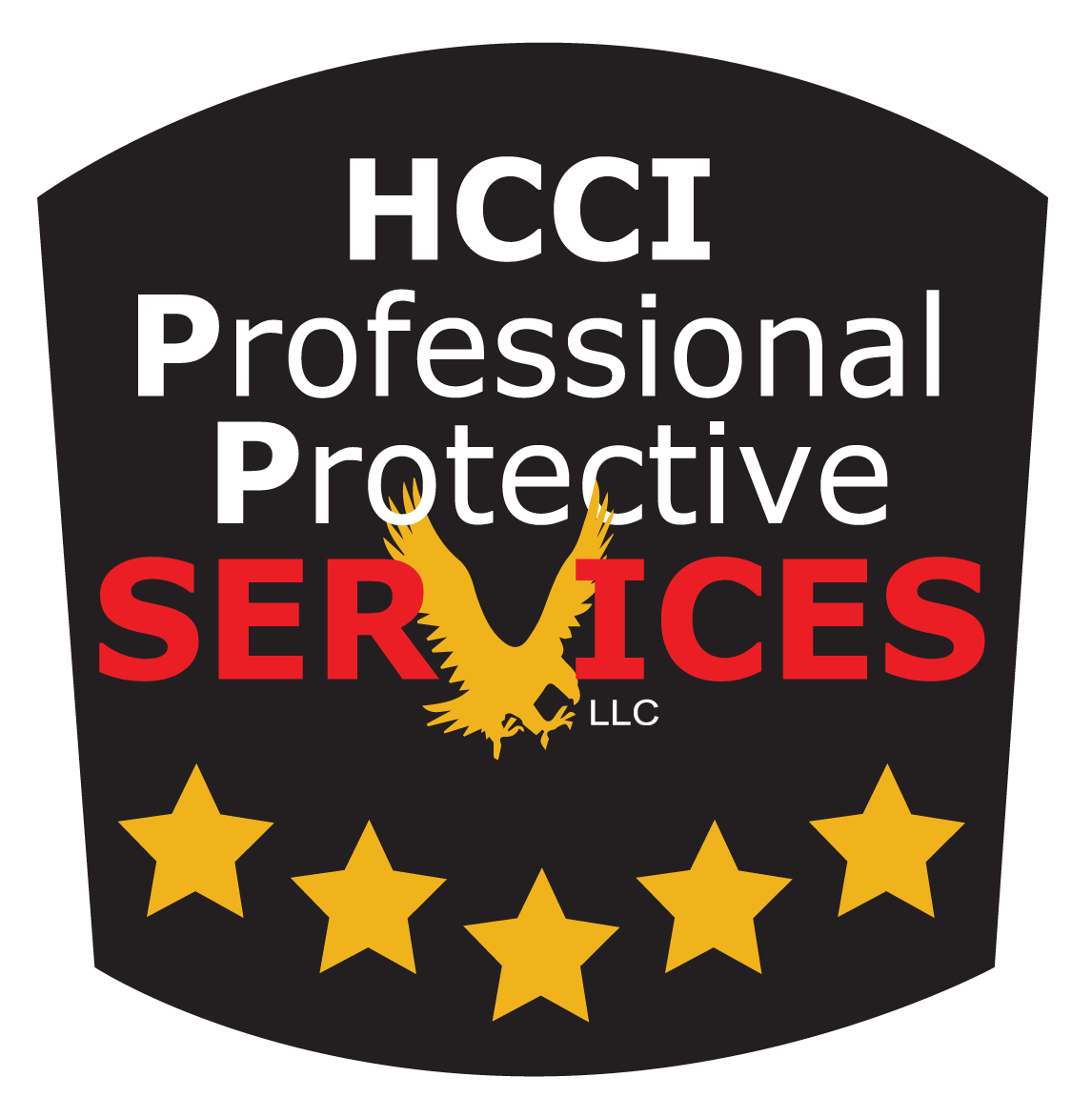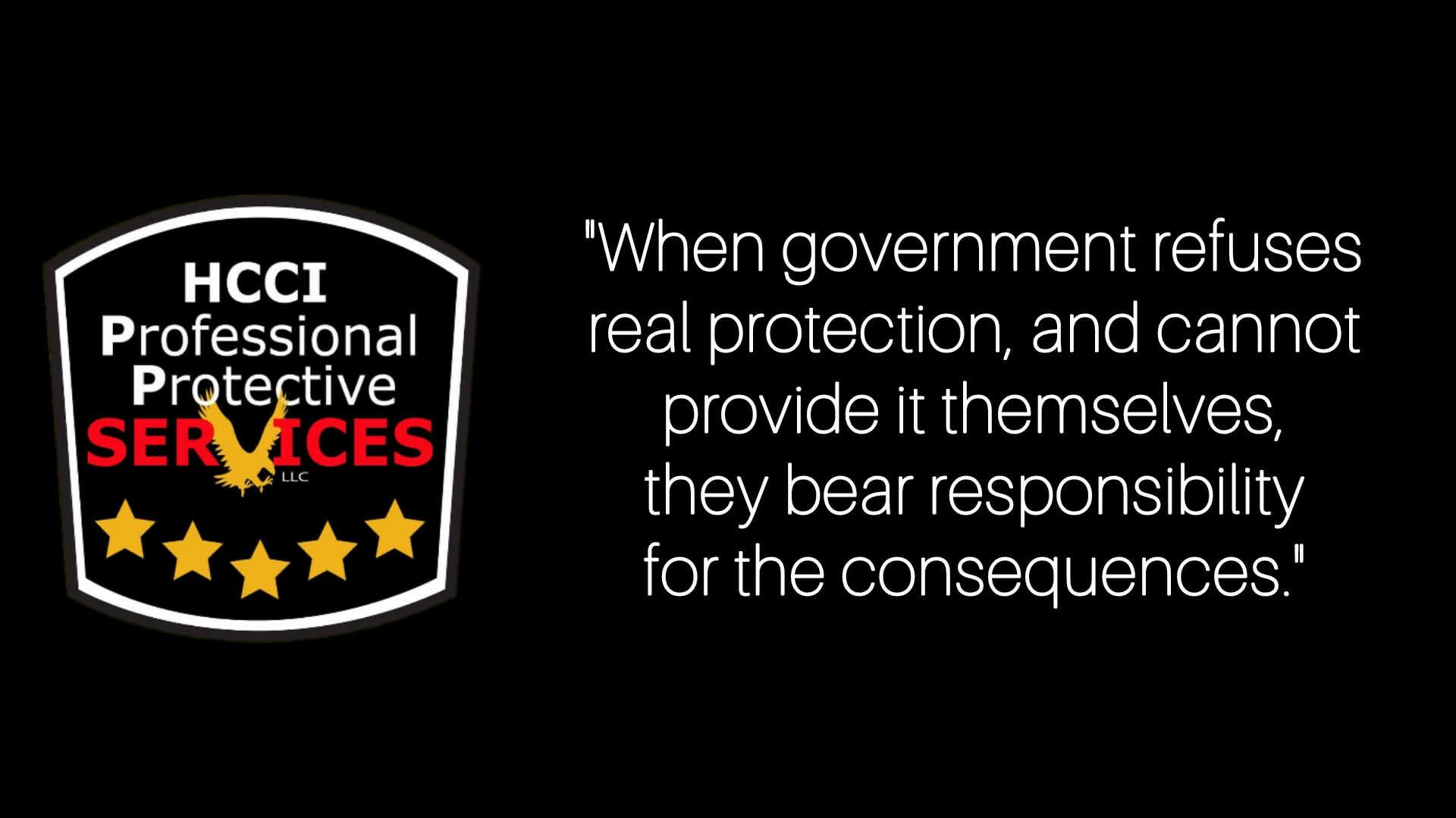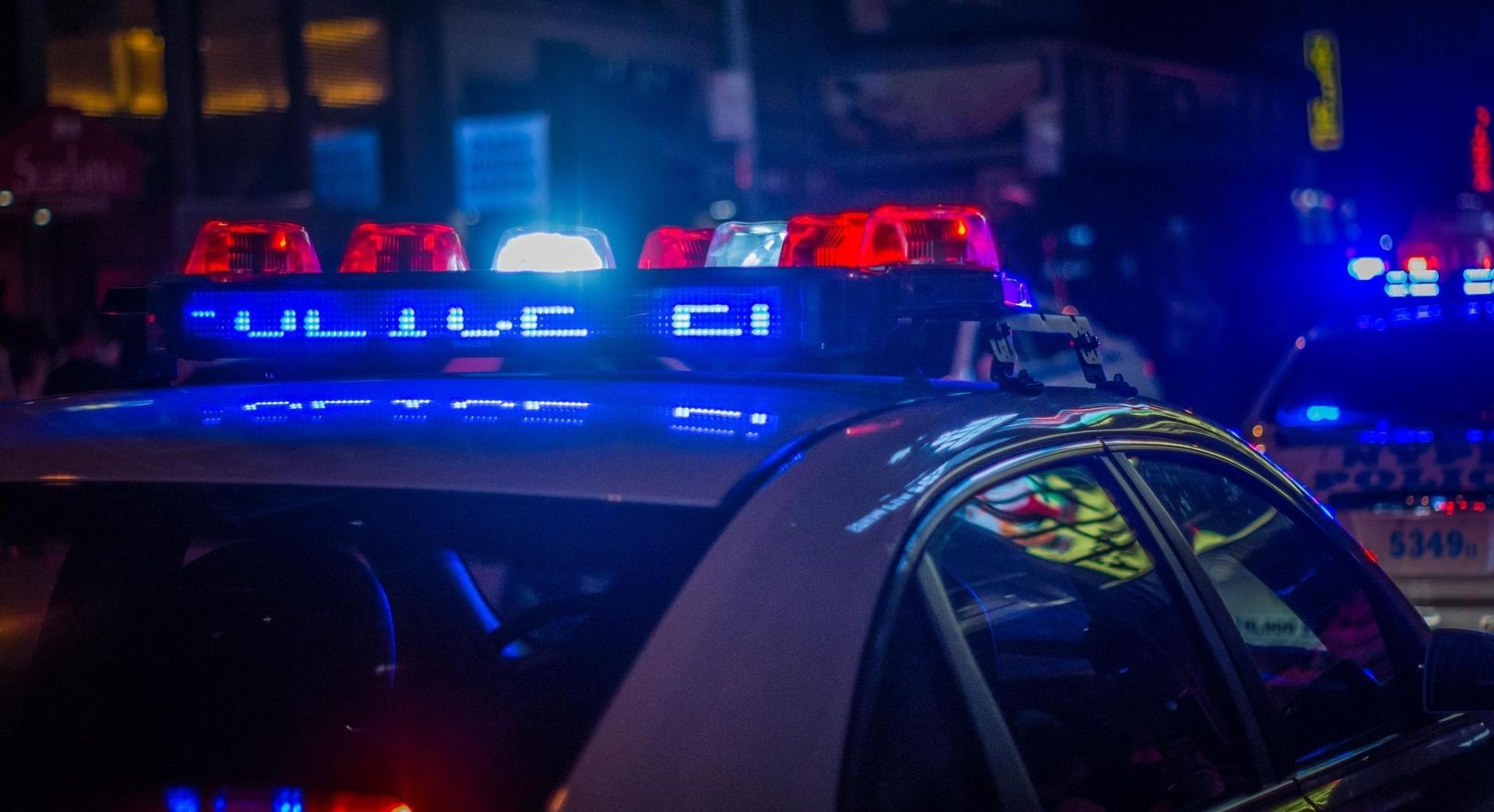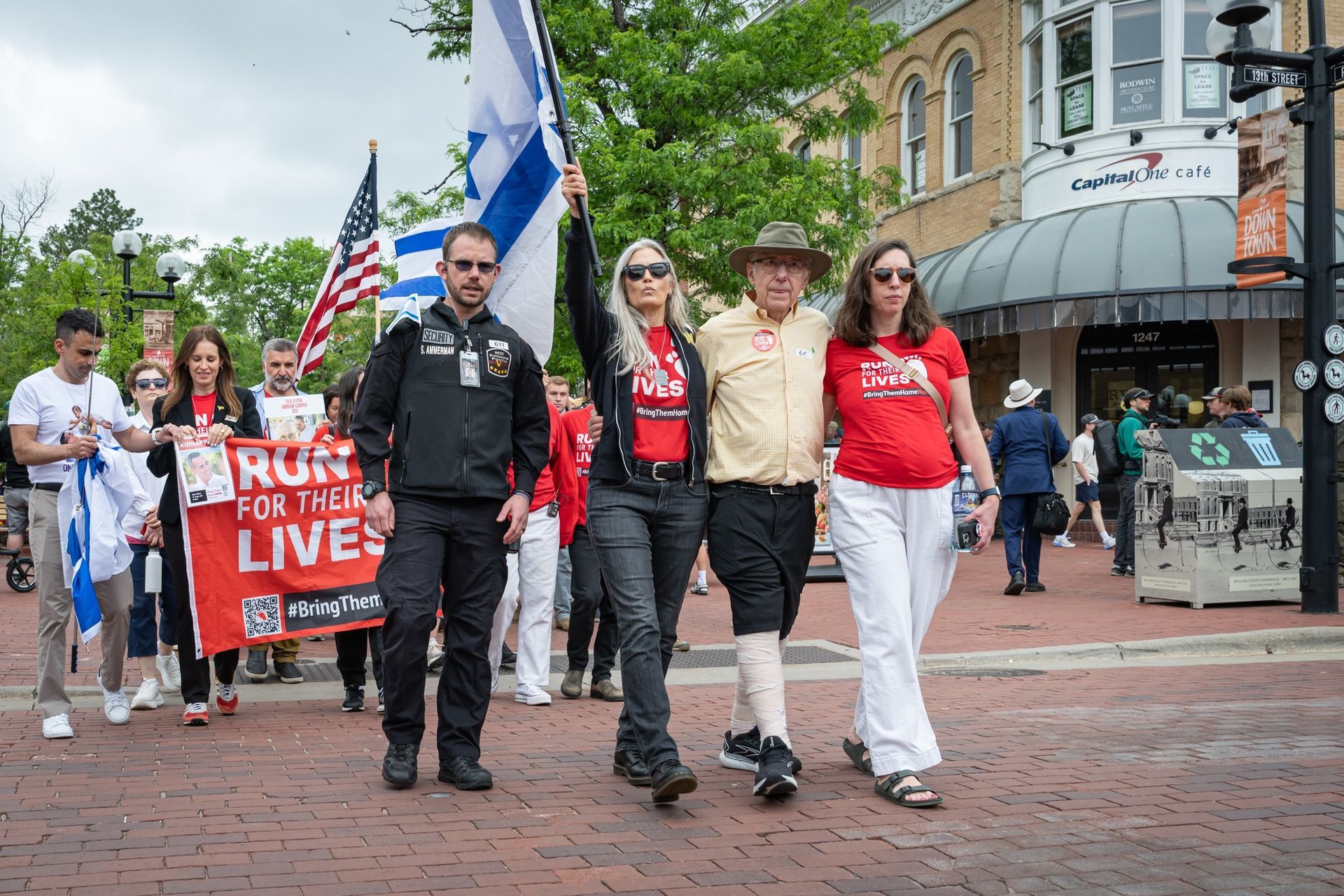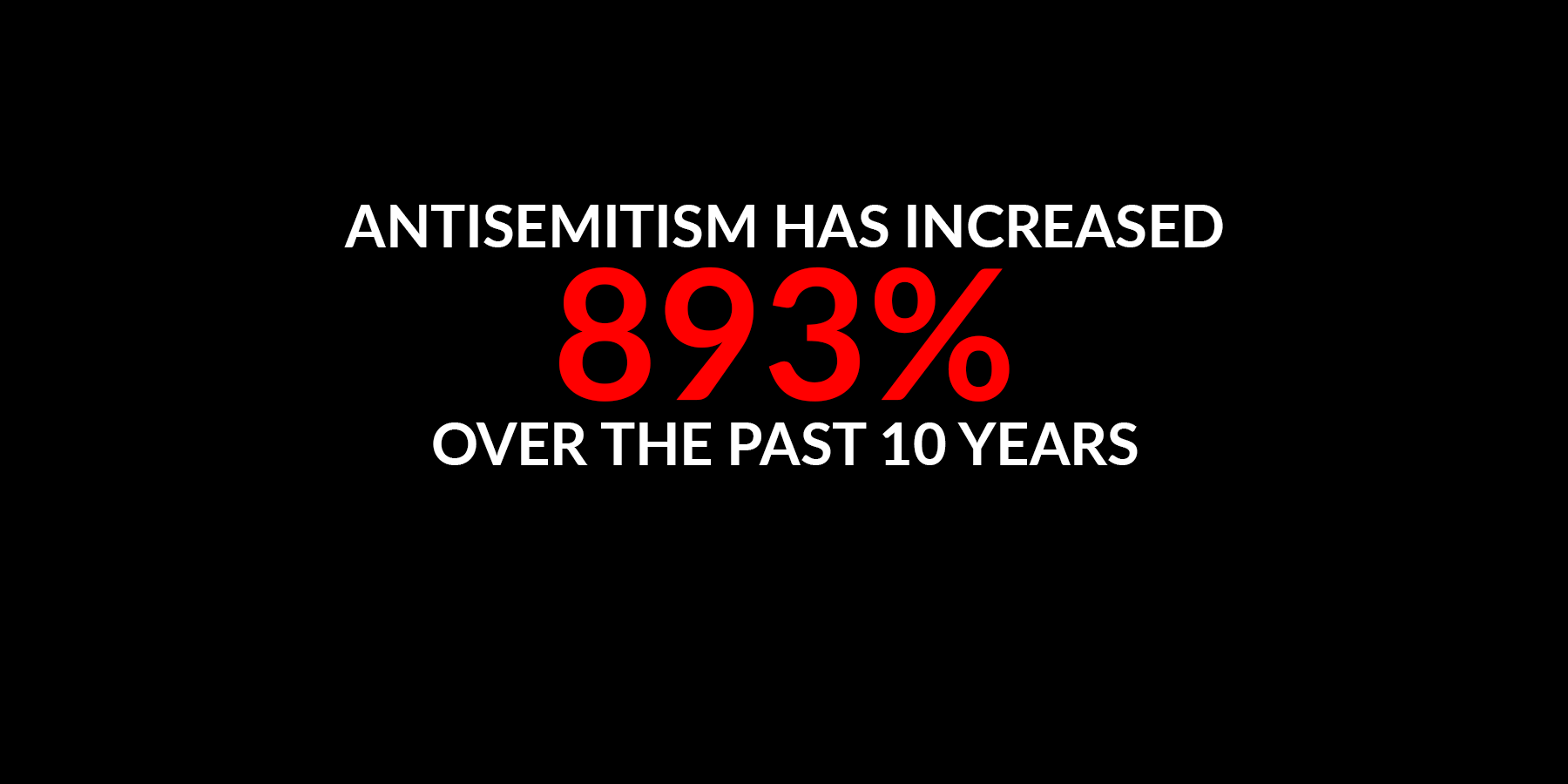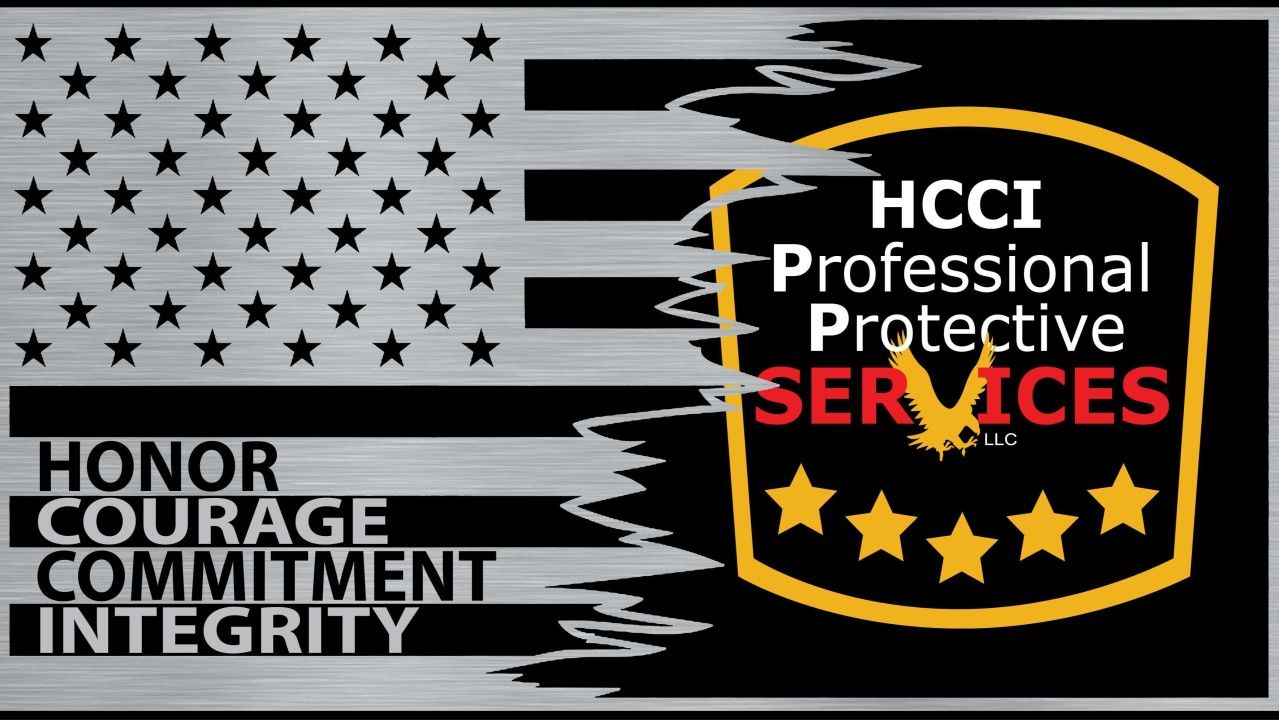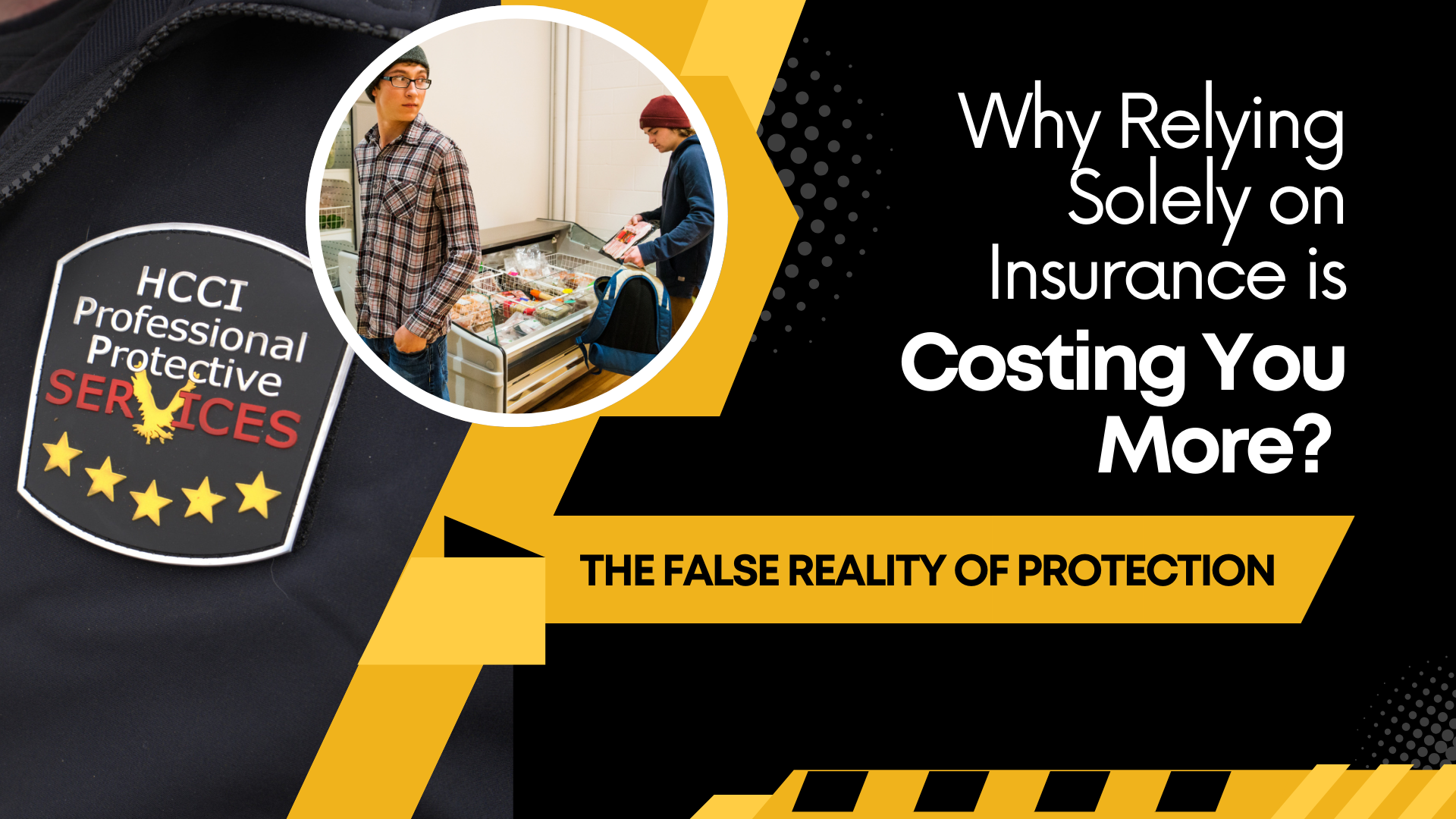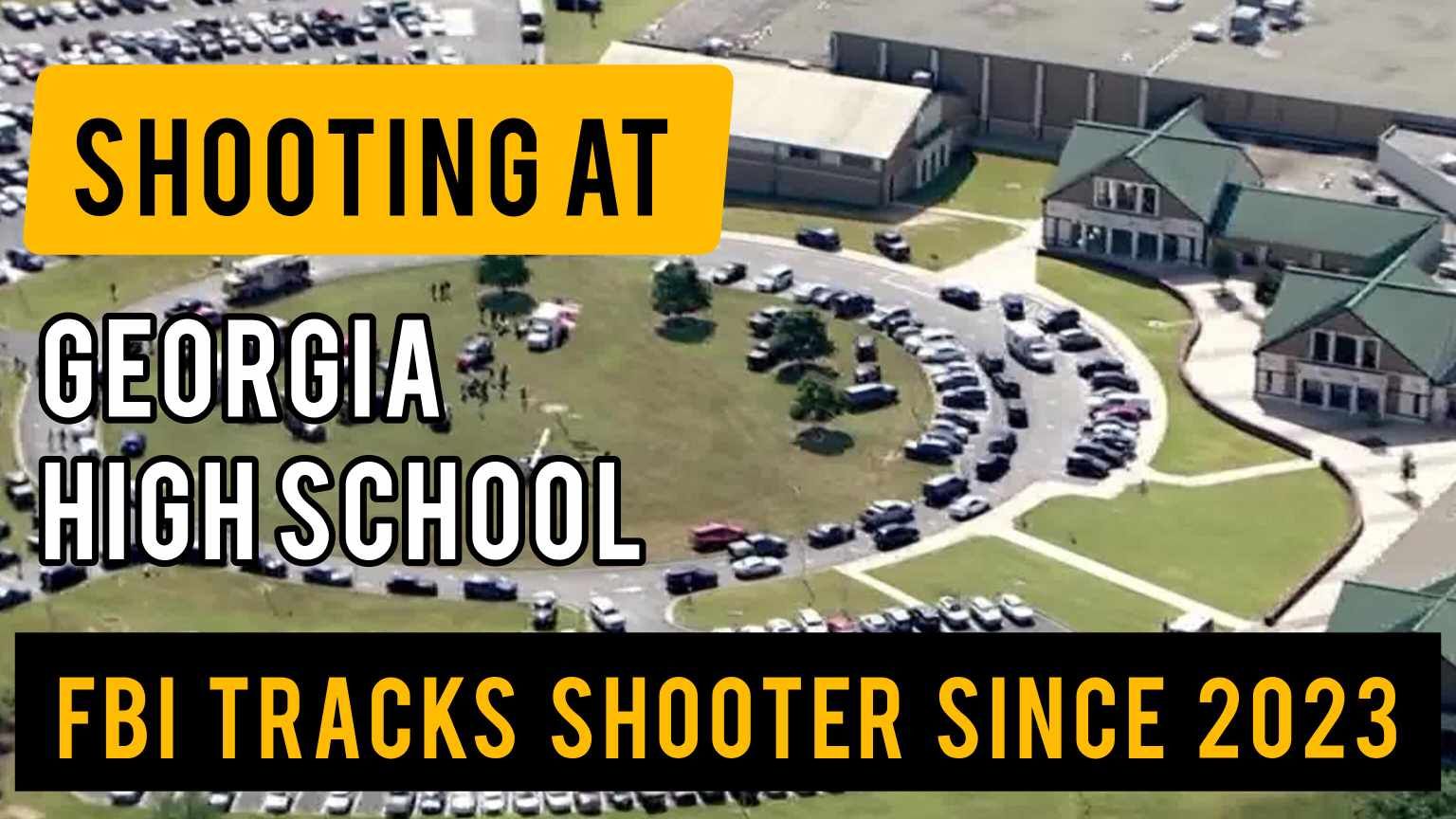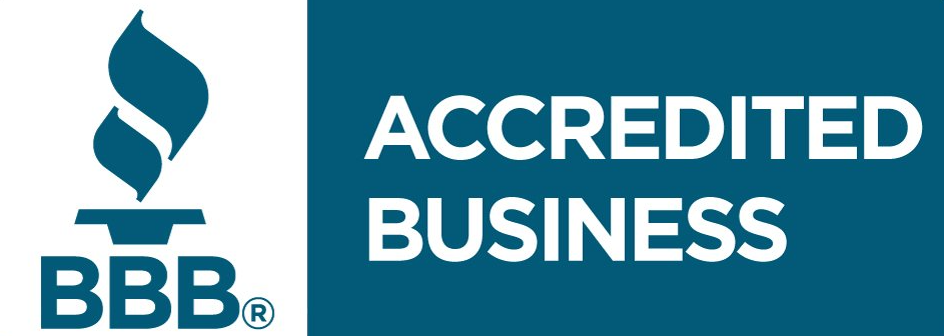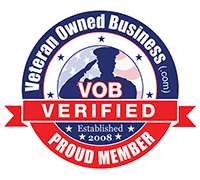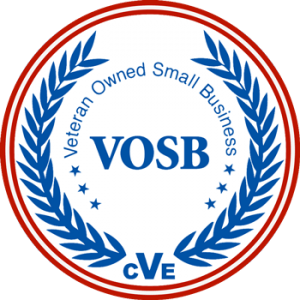Integrity in Security
Why Licensing and Insurance Matter

Security is not just about presence. It is not about a uniform, a badge, or someone standing at a door. Security is about integrity and doing things the right way, every time, even when no one is watching. It is about putting the public, client, and community above your own ego and pride.
The sad truth is that our industry is filled with shortcuts and bad actors. Companies and individuals who claim to “provide protection” but are not licensed, not insured, not properly trained, and not accountable to the communities they serve. On the surface, they may look like the cheaper or easier choice. The reality is shortcuts in security don’t just leave you under-protected; they expose you to massive liability and risk when the moment of truth arrives. The fallout from your shortcuts may be more costly than the criminal.
Licensing Matters
In Colorado, there is no statewide licensing requirement for security companies. That means anyone can print business cards, throw on a uniform, slap on patches, and start calling themselves “security.” This is dangerous! This puts you in jeopardy not just from criminals, but also from bad actors
The only real licensing standards exist in Denver and Colorado Springs. While those standards truthfully are not enough, at least it is a standard of accountability. If a company cannot show you a current license from one of these cities, that should be your first red flag. If they can’t even meet these basic legal requirements, how many other corners are they willing to cut?
Licensing is the first step, but licensing alone is not enough. The next issue is training, and the minimum requirements today are dangerously low.
Current Training Matters
Denver requires just 16 hours of training to become a guard, a bare minimum covering simple basics like duties, communication, and use of force. Armed guards in Denver need only 8 additional hours, including three with live-fire practice. That means someone could call themselves “armed security” after less than a single day on the range.
If a person or company cannot even meet that minimum requirement, are they really looking out for your best interest? Or are they prioritizing their own paycheck and ego?
The truth is that 16 or 24 hours is not enough. Real security requires more. That is why high-level professionals train 48, 56, even 160 hours or more. Training should cover defensive tactics, medical response, community integration, less-lethal options, situational awareness, behavioral threat assessment, ethical behavior, and stress-induced firearms qualifications not just the basics.
Even beyond these expanded requirements, experience alone is not enough. A past in law enforcement or the military does not automatically translate to being capable of protecting domestic/urban civilian environments. The threats are different, the tactics are different, the consequences are different, and the liability is different. The government is not responsible here, you are, they are, the injured people are. If someone tells you their “past life” is enough, they do not need anything else, that is another corner being cut.
Real professionals do not just rely on old tactics they used to do; they continually train with updated tactics, new technology, new methodology, and new ideas to stay current with the evolving landscape of risk, threats, and safety.
Insurance and Liability
This is where most clients never realize the danger until it’s too late. Unlicensed and uninsured companies, people or volunteers leave you exposed.
If something goes wrong, if a round goes through a wall and hits an innocent person, if the wrong person is shot, if the criminal is shot and survives, if the criminal dies and their family sues, if force is used improperly, if the volunteer is injured, or if an innocent bystander is hurt, your organization, the injured parties, and even the volunteer or unlicensed "security" person are on the hook. Who is going to pay that cost, you, the victim, or the community?
Insurance companies will deny coverage if the provider was unlicensed, operating outside the law, or grossly negligent. That means the victims, injured people, bystanders, volunteers, and you are left holding the cost of medical bills, disability, lawsuits, closures, damages, and financial ruin, all while the so-called "protector" who cut corners walks away.
True protection is more than just standing in front of a threat. It means protecting you physically and protecting you from liability. The right professionals safeguard both.
Integrity Means Doing It Right
Anyone can talk about courage, faith, and honor. But integrity is about action. It means doing the hard work to be licensed, trained, insured, and accountable. It means building systems that protect not just clients, but also employees, volunteers, and communities.
If someone is offering you security without licensing, without insurance, without structured training, then they are not protecting you. They are protecting their own ego, at your expense. The true professional operates with integrity, and they will not get offended or defensive when you ask them to show proof of licensing, insurance, and compliance.
The mark of real integrity is protecting people in every sense: their lives, their liability, and their future.
The Choice is Simple
There are no shortcuts to safety. You either invest in real protection now or you pay the price later in liability, injury, lawsuits, and tragedy.
Before hiring a security provider, volunteer, or professional, ask yourself:
- Are they licensed in Denver or Colorado Springs?
- Can they show proof of liability insurance?
- Do they provide training beyond the bare minimum?
- Do they qualify their staff under stress, not just on paper?
- Do they pay professionals a wage that attracts people willing to risk their lives for others?
- Do they operate on more than just their past and ego?
- Are they accountable to anything beyond themselves?
- Are they willing to provide proof of standards, insurance, and protection without hesitation, offense, or blunder?
If the answer is no to any of these questions, they are leaving you vulnerable.
Conclusion
Security is not a box to check. It is not the cheapest or free solution. It is a culture of integrity, professionalism, and commitment to something bigger than self. The people who truly want to protect you will do it the right way, because they know your life, your organization, and your community depend on it.
Never accept ego, shortcuts, or stories from a past life as a substitute for real protection. Demand integrity. Demand accountability. Demand real security. Because the ‘savings’ you think you’re getting will cost you far more when - not if - something goes wrong.
When seconds count, why wait minutes?
